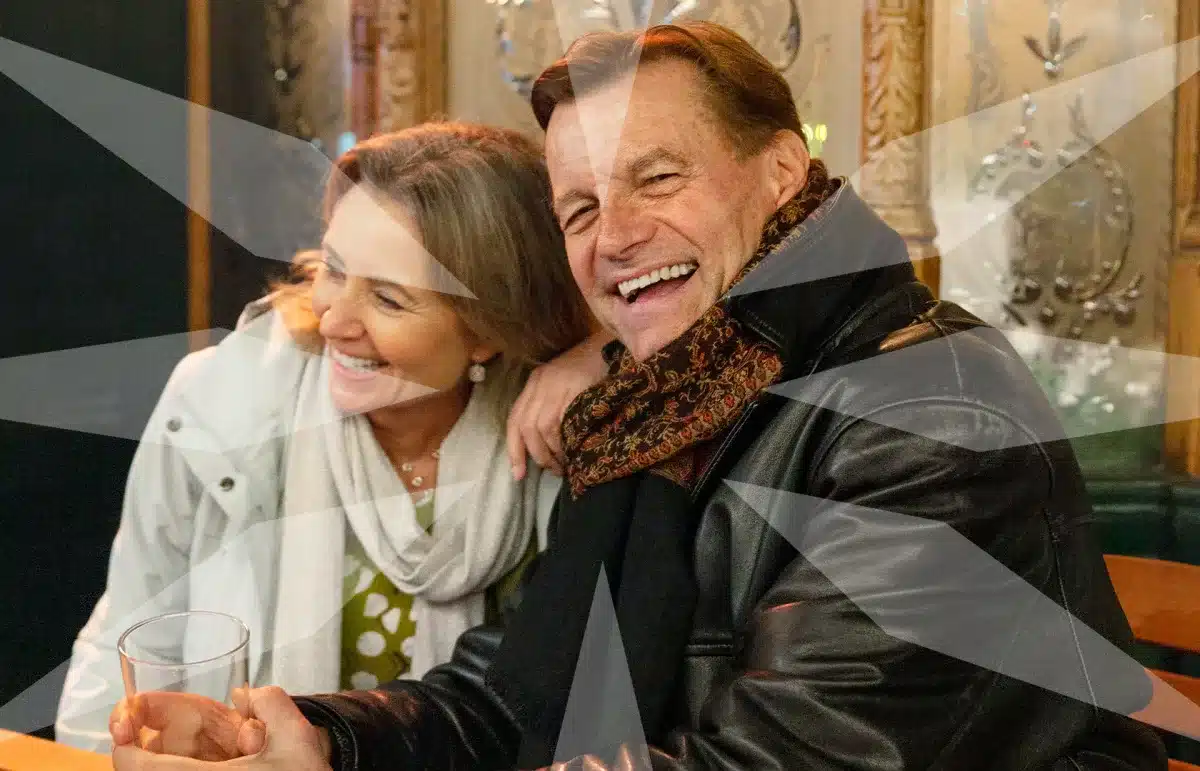There’s something magical about the spring. The days are getting longer, the flowers are in bloom, and there’s a strong sense of rejuvenation in the air.
This renewed sense of energy and positivity makes spring the perfect time to build new connections and embark on new journeys.
So, if you’ve been waiting for the right moment to dive back into the dating world, here’s why spring is the ideal season to let romance blossom.
It’s the season of new beginnings
Spring is often associated with new beginnings. Just as nature awakens after the cold winter, so do our emotions and desires.
The fresh energy that it brings can inspire a renewed sense of optimism and excitement, making it easier to approach new people with an open mind and heart.
If you’ve been hesitant about dating, hiding away through the tougher winter months, now is the time to shed those doubts and embrace the possibilities ahead.
It’s a mood boost for everyone
What’s more, the longer daylight hours and increased exposure to sunlight give our serotonin levels a much-needed boost after the winter.
This naturally makes us and those around us feel happier and more optimistic. This positive shift in mood makes it easier to engage with others and increases the likelihood of forming meaningful relationships.
Because let’s face it, when everyone is feeling good, connections happen more naturally and you are more likely to find that spark.
The weather is perfect for romantic outdoor dates
Not only are the days getting longer, but the weather is getting warmer, too. It’s time to shake off those heavy winter coats and get outside!
Spring offers the perfect weather for lots of lovely, romantic outdoor dates. Whether it’s a picnic in the park, a nature walk, a stroll along your nearest beach or an adventurous hiking trip, there are countless ways to get outside and enjoy the change in weather.
The warmth of the sun on your face and the cool spring breeze create an inviting atmosphere for meaningful conversations and deeper connections. Plus, with daylight extending into the evening, there’s more time to go on these dates and enjoy quality moments together.
There are more opportunities to be social
As well as providing more opportunities for outdoor dates, the arrival of spring means people are naturally more inclined to go out and socialise or organise group activities.
There are often more events taking place in your local area, from festivals and farmers’ markets to outdoor concerts and sports activities. This provides plenty of opportunities to socialise and meet new people.
Spring fashion can be a real confidence boost
Spring fashion is all about bright colours, light, breezy fabrics and stylish outfits that make you feel good about yourself.
After months of layering up in jumpers, coats, scarves and boots, stepping into a fresh, vibrant spring wardrobe can really boost your confidence and make you more open to new experiences.
Not only that, but confidence is attractive and makes you feel stronger, and when you feel good about yourself, it becomes much easier to connect with others.
Nature is the best romantic backdrop
There’s a reason why so many love stories take place in the spring, as this season sets the stage for romance in the most beautiful way.
Nature itself seems to encourage connection and affection. The flowers are in bloom, the birds are singing birds, and the lush greenery creates the ideal backdrop for romance.
In spring, even a simple stroll through a botanical garden or an ice cream in the park can feel like you’re living a moment straight out of your favourite rom-com.
Get ready to turn your spring fling into a lasting love
Many people who start dating in the spring find that the excitement and new connections carry on effortlessly into summer and beyond.
So, if you’ve been waiting for a sign to start looking for love, let spring be your inspiration. With its fresh energy, outdoor date ideas and endless opportunities for connection, this season creates the perfect conditions to meet someone special.
And if you need a little help getting started, get in touch with our talented team of matchmakers today. Offering expert advice and matchmaking services, they can support you on your dating journey this spring.



